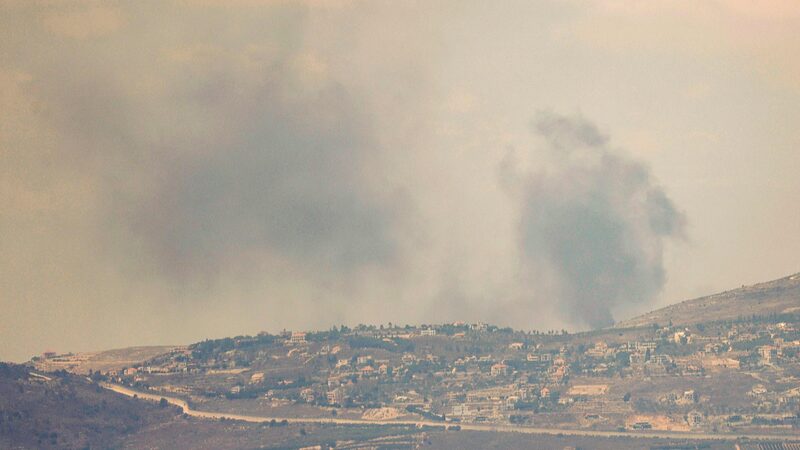Imagine your everyday gadgets—like pagers or walkie-talkies—suddenly turning into weapons. That’s the chilling reality in Lebanon after a mysterious wave of explosions targeting communication devices rocked the region this week. 🔥 Authorities suspect a third-party attack, with tensions between Israel and Lebanon’s Hezbollah reaching a boiling point.
Here’s what we know: The blasts, which killed and injured dozens, were likely triggered remotely. Experts debate whether signals overloaded device batteries 💻⚡ or if micro-bombs were planted in advance (think Mission: Impossible meets real-life espionage). Either way, it’s a terrifying leap in modern conflict tactics.
Hezbollah, a powerful armed group in Lebanon, has pointed fingers at Israel 🎯, warning of retaliation. But with its operatives reeling from the attacks, immediate retaliation seems delayed. Meanwhile, Israel’s military appears to be prepping for escalation—raising fears of a wider war.
The fallout? Beyond geopolitical drama, this crisis shakes trust in global tech supply chains 🌐. If everyday tools can be weaponized, what does that mean for international cooperation? Students, entrepreneurs, and security analysts are all watching closely as this high-stakes tech showdown unfolds.
Reference(s):
Lebanon communication tool blasts: A blow to globalization and trust
cgtn.com








